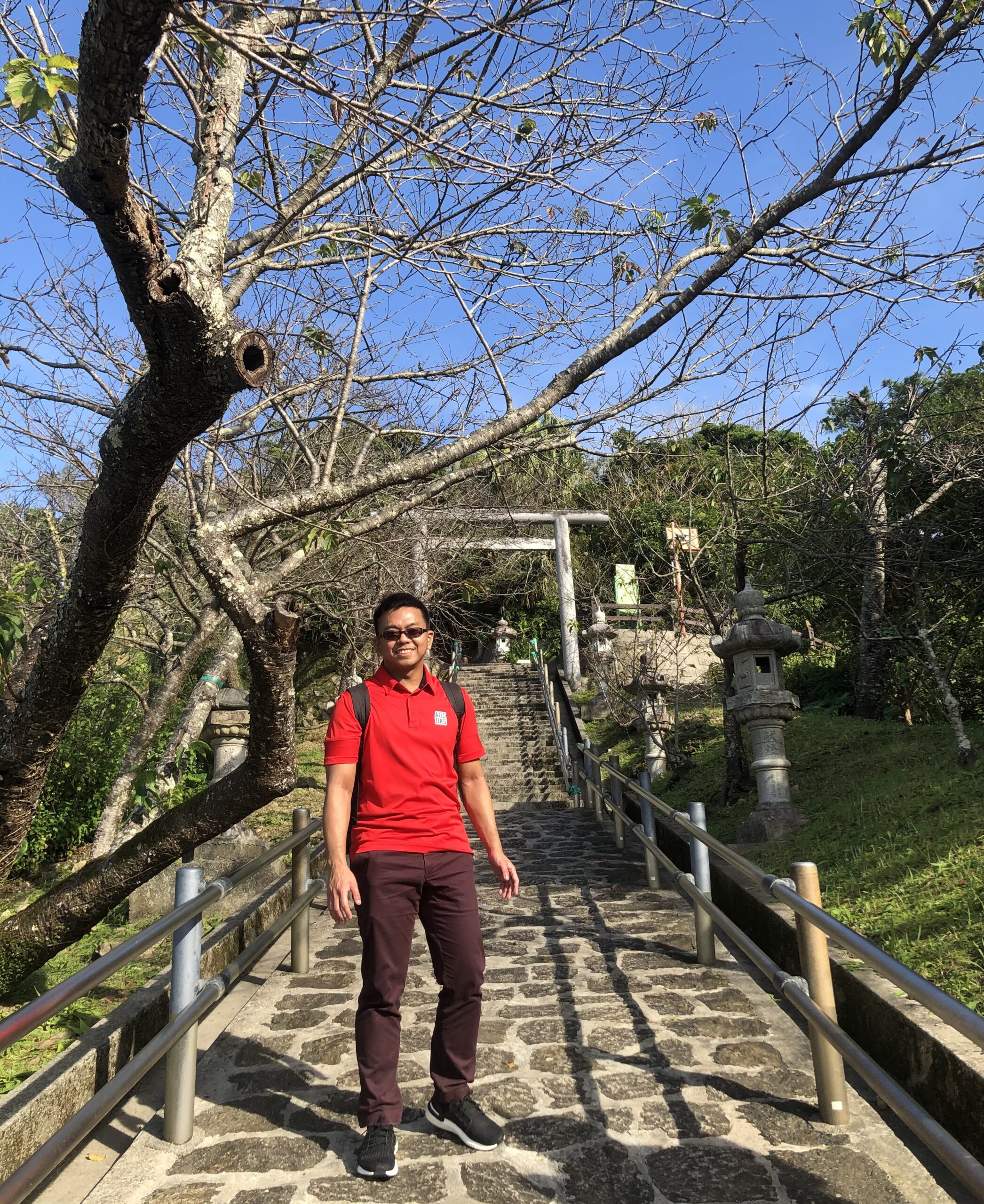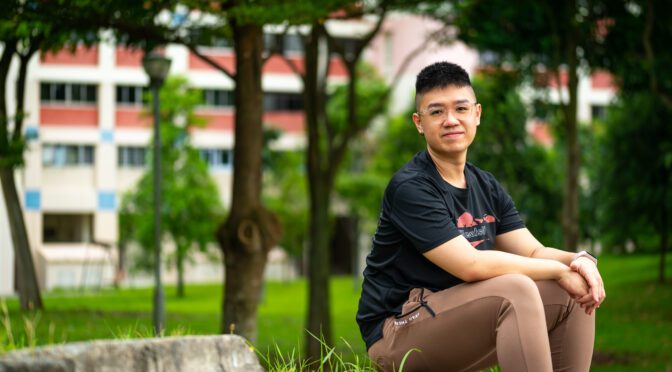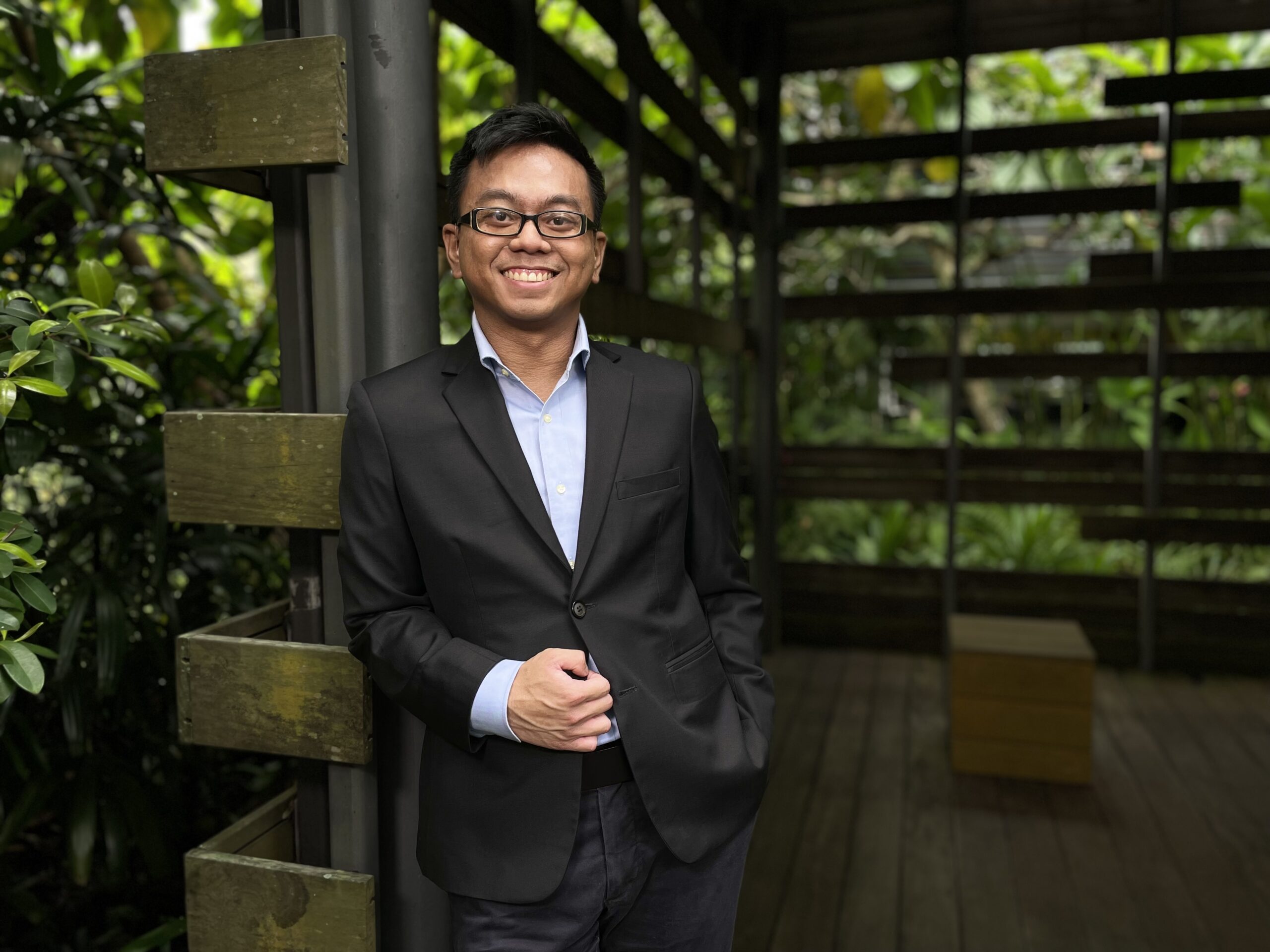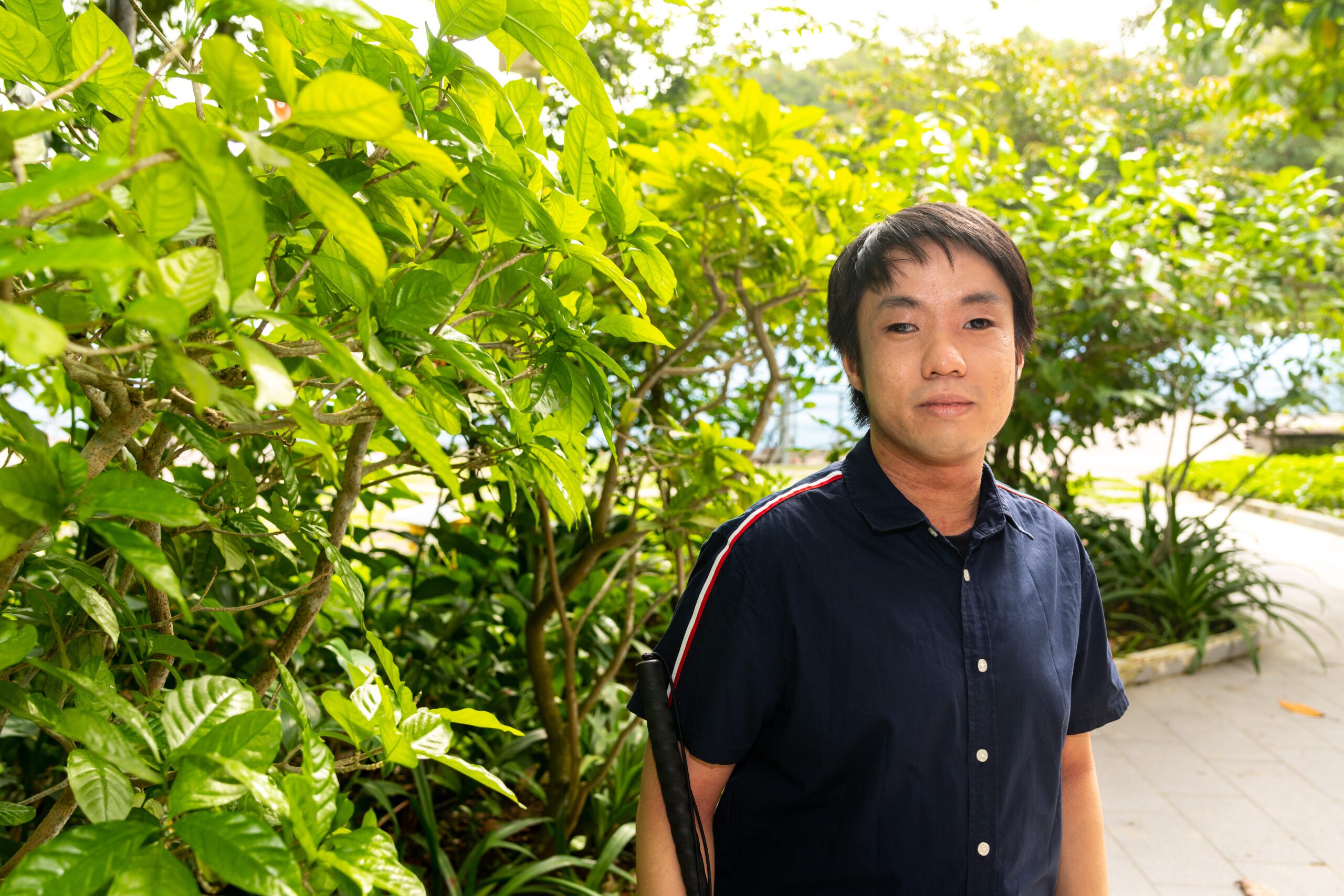I have found relationships to be a touchy topic amongst persons with disabilities. When asked, my friends who are disabled tend to remain reticent on whom they are dating. Some of my wheelchair-using or blind friends have already resigned to their fates that they would never be in a relationship or get married. In their hearts they know their conditions are difficult for a life partner to accept. It’s one thing to befriend a person with a disability, or to help him out as part of volunteer work, but to commit to him and vow to take care of his needs for life is another thing.
I am quite fortunate in that sense. My current girlfriend of four years is an audiologist. It was she who posited that my mother could have had a cytomegalovirus (CMV) infection while she was pregnant with me, as hearing loss is one of the symptoms of congenital CMV. I met her during a sign language class. For a non-disabled person to want to learn sign language, she must be quite empathetic towards persons with disabilities — making this inference gave me the courage to approach her for a first date.
How are the voices of doubt in my head quieted? How do I know that this relationship is special? Well, she has displayed a genuine intention in wanting to understand what my disability is like for me, and she tries her best to accommodate me. Like other couples, we do get into quarrels over petty things such as the way we communicate. I prefer texting while she is more inclined to communicate over the phone, but I don’t like taking phone calls because I cannot lipread. We have to come to a compromise. She has also openly shared with her family about my hard of hearing, instead of trying to sweep it under the rug. I still remember the jitters I had when I first met her parents. I wondered if they would look down on me or despise me. Having been put through the wringer, I harbour a lifelong fear of having people look down on me. I greatly detest that feeling. Would they accept me? Maybe my girlfriend would wise up and find someone better, someone without a disability. All these thoughts pervade my mind constantly. Thankfully, beyond the usual questions such as my line of work, her parents didn’t probe any further, or make me feel judged or that I am incapable. Her siblings are also supportive of our relationship.
It has led me to wonder: why does society insist on labelling us? Disabled and non-disabled? High-functioning or low-functioning? No one is perfect, and every human being is flawed in his or her own way. Why not categorise us by our flaws, which are aspects of ourselves that we can work on? Better yet, if labels are indeed necessary, why not categorise us by the things that we can do?
A common misconception that society has about persons with disabilities is that our disabilities heighten our other functioning senses. Because I am hard of hearing, I must have a superb sense of sight. Blind people must have exceptional hearing. I am here to debunk that myth. There is also a prevalent assumption that goes like this: ‘Winston has hearing loss, that means he cannot hear at all, so why bother talking to him because he won’t be a good listener?’ ‘A wheelchair user won’t be able to go up the staircase, so he’s not a good fit for the company.’ Yes, our disabilities may limit certain functions or mobility, but that does not mean we are wholly incompetent. As long as accommodations are made for us, we too can produce results.
American figure skater Scott Hamilton once said, ‘The only disability in life is a bad attitude.’ The way I interpret this quote is that if someone has a bad attitude towards persons with disability, then he or she wouldn’t never make an effort to be inclusive. He or she wouldn’t want to accommodate us, simply by speaking slower or building ramps. There are so many talented persons with disabilities in the world, so many of us who can and want to work. But every so often, our disabilities are cause for elimination at the first cut-off. We are not even given a chance to perform or prove our skills.
So, what we do need is opportunity. I strongly believe that we persons with disabilities can achieve great things, if only society will grant us the opportunities. If only society and hiring managers would take a moment to understand that if they are comparing between non-disabled candidates based on their abilities, skills and achievements, they should do the same for candidates with disabilities too. After all, we are all human beings, and all it takes is a little kindness and empathy to make our society more inclusive.
Winston Wong is passionate about advocating for and raising awareness about disabilities, as well as sharing his own personal lived experiences. He has been invited by various organisations as a guest speaker and panellist, even in a MediaCorp Channel 8 interstitial educating on disability awareness. For speaking engagements or media enquiries, please contact him at [email protected].
Banner picture credit: Mediacorp



